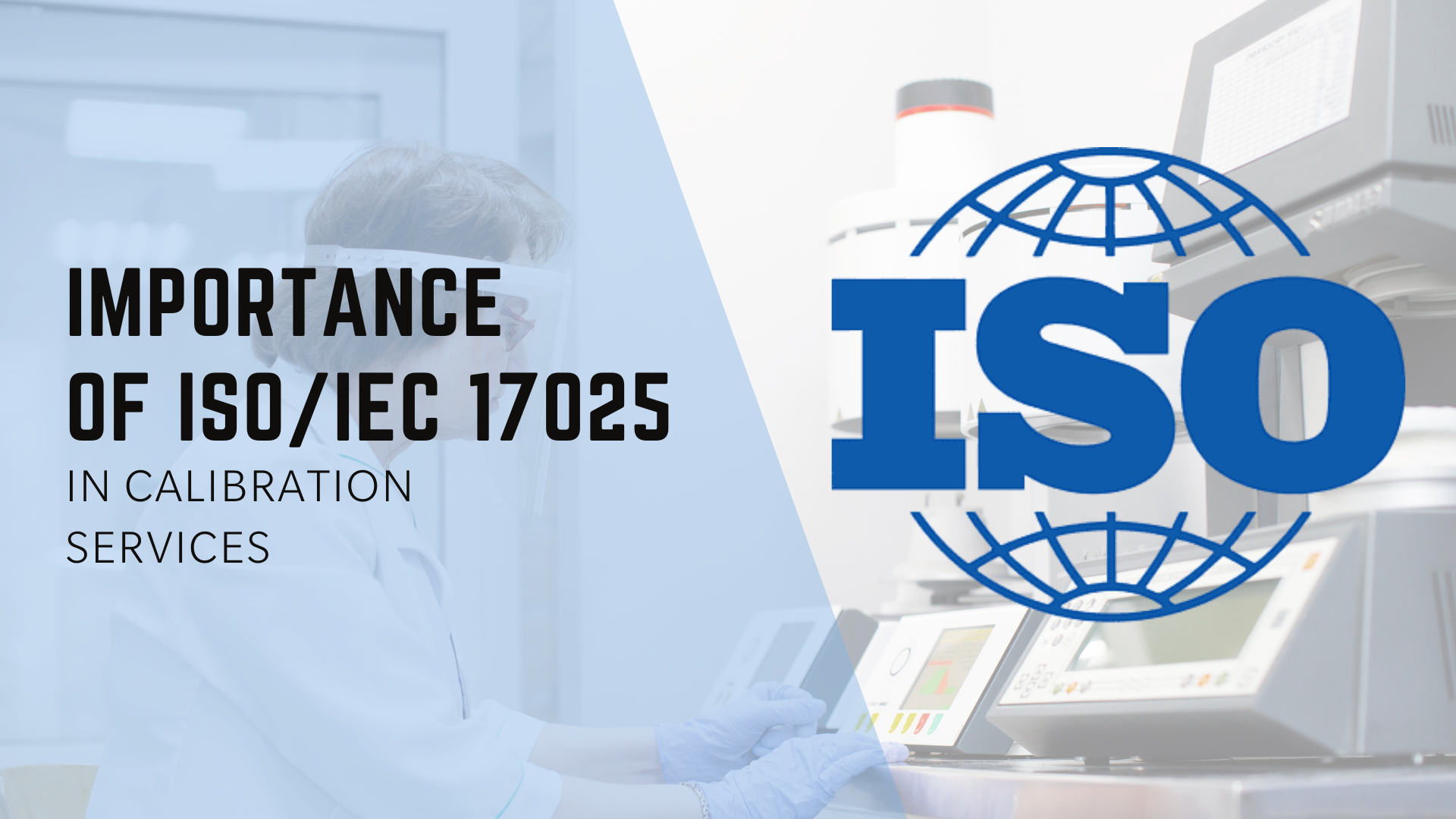
In fields where accuracy cannot be compromised, calibration is of extreme importance for guaranteeing the precision, dependability, and consistency of instruments. Whether you work in manufacturing, healthcare, aerospace, or electronics, regular calibration of your equipment is a must. But no less important is the assurance that the Calibration Services you are using are ISO certified. Why is it so important that Calibration Services are ISO certified in the world of calibration? Let's take a look.
ISO Certification, specifically ISO/IEC 17025, is the world standard for the competence of testing and Calibration laboratories. It assures laboratories that they are working competently and that their results are valid. When you work with an ISO-certified Calibration Laboratory, you can be sure that the methods, procedures, and quality control measures applied there are considered appropriate standards worldwide.
ISO-certified calibration lab follows rigid procedures that assure the traceability of measurements. What this indicates is that every calibration has reference to international or national standards for measurement. Receiving a certificate of calibration from an ISO-certified service firm confirms that your equipment has complied with performance specifications required.
Using nabl accredited calibration labs (an accreditation based on ISO/IEC 17025) adds credibility to your stakeholders, customers, and the regulatory authorities. A NABL-accredited lab's calibration certificate carries greater influence in audits, inspections, and tenders.
Industries with rigorous regulatory environments (such as pharma, aerospace, and automotive) gain significantly from ISO-certified Calibration Services. The certification eliminates the threat of compliance issues and product recalls, saving time, money, and reputation.
ISO standards foster standard processes, ongoing improvement, and strong documentation. When your Calibration lab runs under these ideals, your instruments work at their best, minimizing downtime and providing smooth operations.
ISO certification (ISO/IEC 17025) outlines the requirements for competency, while NABL (National Accreditation Board for Testing and Calibration Laboratories) is India's accrediting body which ensures whether a Calibration lab conforms to those ISO norms. A nabl accredited calibration lab is fundamentally ISO compliant and has also been through an elaborate process of evaluation.
A calibration certificate documents the accuracy, traceability, and measurement uncertainty of your instrument after calibration. It is crucial proof of compliance and can be used during audits, regulatory checks, and internal quality assessments.
The frequency relies on your manufacturer guidelines, usage of the instruments, and your industry standards. Periodic calibration from an ISO-certified Calibration laboratory guarantees precision and compliance.
No. Always check if your Calibration Services provider is ISO/IEC 17025 certified or listed as NABL-accredited calibration labs to ensure quality and competency.
ISO certification isn't just a badge it's a seal of quality, accuracy, and reliability in Calibration Services. By opting for an ISO-certified Calibration laboratory, you can be certain that your instruments provide correct readings and pass regulatory tests. Don't compromise; always insist on a valid calibration certificate from approved providers.